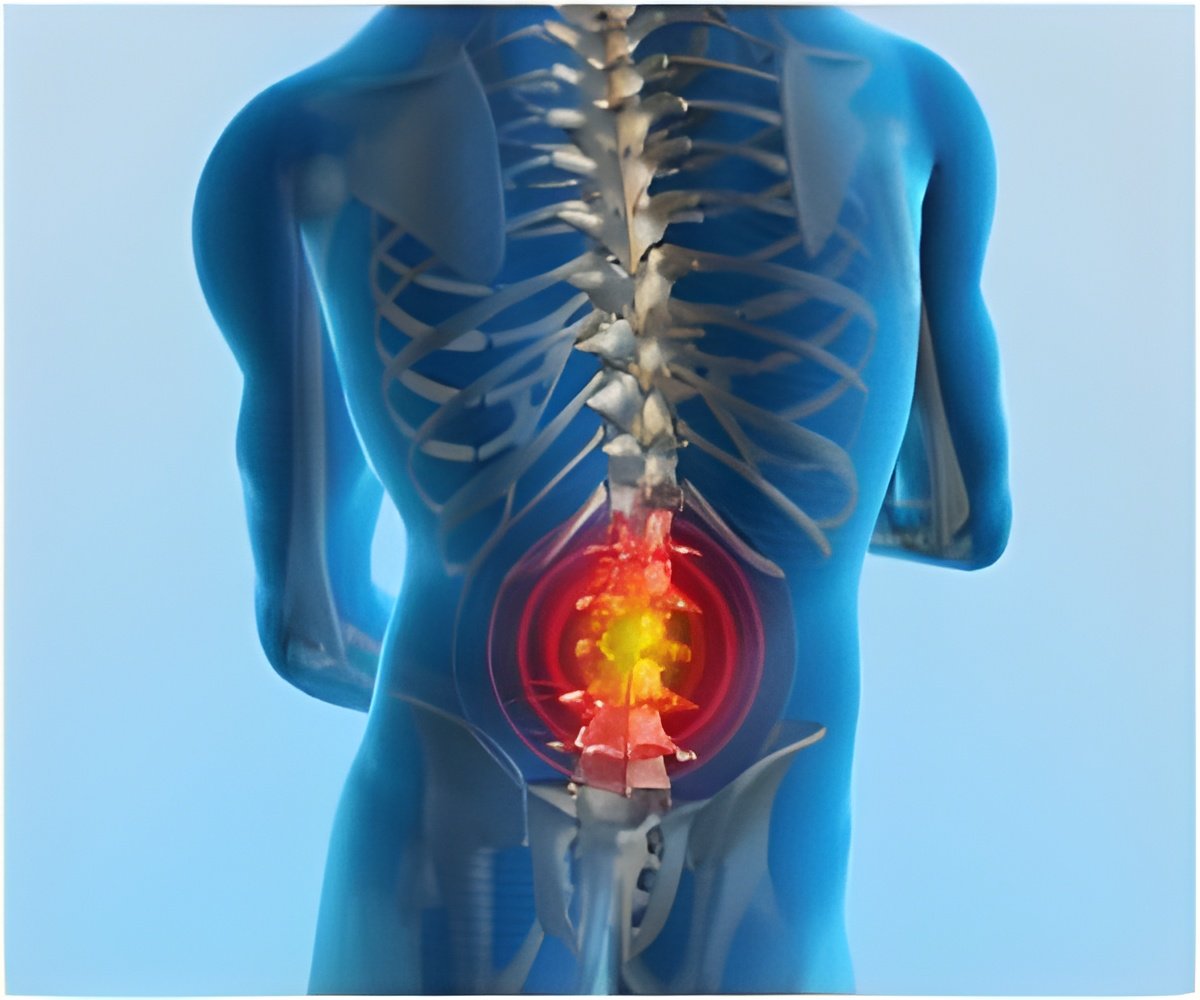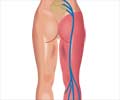The study on hereditary sensory and autonomic neuropathy type II - a severe disorder that causes sensory neurons to degenerates paves way for new pain treatments.

"The study results will be of immediate benefit to HSAN2 patients, as the identification of this new gene has made it possible to provide valuable genetic testing to assess the risk or the cause of the disease in individuals at risk or presenting the disease." While the genetic mutation affects very few people, the knowledge that the researchers have gained is applicable to everyone. Scientists know the different parts of our genetic code, but they don't know how every single specific gene contributes to the functioning of our bodies. When a gene does not function properly due to a mutation, the resulting disorder can provide insight into its normal role. These findings provide clues about the components underlying the transmission of pain signal from sites of injury to the central nervous system.
Researchers may be able to use their new knowledge about the KIF1A gene to develop new pain relief drugs. "Our results not only open the door to a better understanding of this disorder," Rouleau explained, "they also give us valuable information about the molecular mechanisms involved in pain perception, which is important for the development of new anti-pain drugs." A future drug might work by modulating interactions between different proteins associated with pain and KIF1A. "Further research could help us to identify other proteins that are transported by KIF1A or that interact with it, and that will help to better refine our understanding of pain mechanisms," noted Dr. Patrick Dion, who also contributed to the research.
Source-Eurekalert














